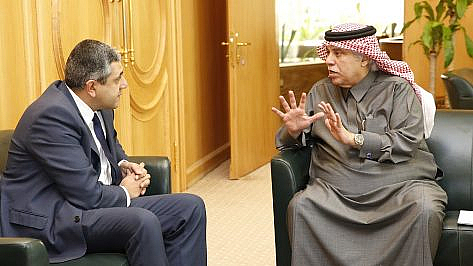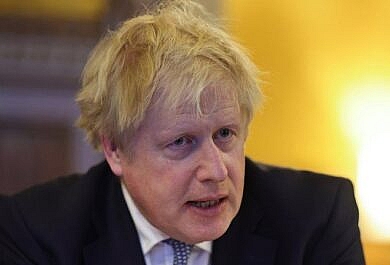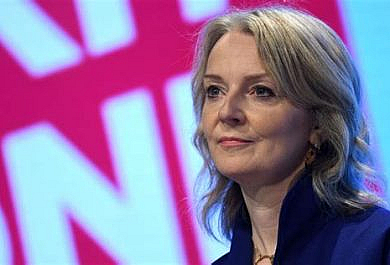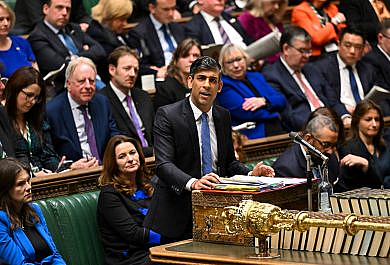China brokered a deal to restore relations between Iran and Saudi Arabia in a major shake-up of Middle East diplomacy.
Summary
China brokered a deal to restore relations between Iran and Saudi Arabia in a major shake-up of Middle East diplomacy and a blow to U.S. and Israeli influence in the region.
- Iran and Saudi Arabia are long-time regional rivals, and the rapprochement between the leading Shia and Sunni powers comes after seven years of broken relations and hostilities that’ve played out throughout the region in flashpoints like Yemen and Syria.
- Saudi Arabia cut ties in 2016 after protesters stormed the Saudi embassy in Tehran. The two powers have backed rival factions in Lebanon, Syria, Iraq, and Yemen, and Iranian proxies were blamed for a series of attacks on Saudi oil infrastructure in 2019.
- Prior to this surprise agreement, Saudi Arabia was thought to be secretly growing closer with Israel, which would’ve shaken up Middle East relations in a far different way. The Saudi-Iran pact represents a setback for Israeli Prime Minister Benjamin Netanyahu’s efforts to isolate Iran, but it’s too early to tell how this will affect Saudi-Israeli ties.
- Tehran and Riyadh agreed to reopen their embassies within two months, and Saudi media reported the government will watch Iran closely during this two-month trial period. “The two-month period … is the first test of Iran’s credibility and proof of good intentions as we must see the start of real change in the regional landscape and a real correction in its dealings with the Kingdom,” wrote Hamoud Abu Taleb, a Saudi columnist.
![]()
- CNN called the pact “a game-changing moment both for a Middle East shaped by their decades-old rivalry, and for China’s growing influence in the oil-rich region.” China’s lack of concern about human rights has freed up the rising power to become a regional broker, “underscoring the US’ diminishing regional influence.”
- NBC News assessed the impact of the accord on America’s standing on the world stage. Some U.S. officials feared China’s “victory for dialogue” could spell the end of U.S. dominance in the Middle East as the pact “appeared to mirror the failed negotiations the White House pursued… in 2021.”
- The New York Times summed up the new regional state of play. “The Americans, who have been the central actors in the Middle East for the past three-quarters of a century, almost always the ones in the room where it happened, now find themselves on the sidelines during a moment of significant change. The Chinese, who for years played only a secondary role in the region, have suddenly transformed themselves into the new power player. And the Israelis, who have been courting the Saudis against their mutual adversaries in Tehran, now wonder where it leaves them.”
![]()
- The Wall Street Journal noted the breakthrough comes during a period of especially strained relations between Washington and Riyadh after Biden’s anti-Saudi campaign rhetoric and the Saudis’ decision to keep oil prices elevated during the Russo-Ukraine War.
- Ex-Trump National Security Adviser John Bolton told Fox News, “Dealing for example, in Saudi Arabia, what this reflects is their fear that the U.S. administration still has given up on a nuclear deal, getting back into the nuclear deal with Iran.” Bolton continued, “”It’s an indication that the Saudis and others are trying to hedge their bets with China and Russia because they don’t think the United States has the resolve and the fortitude necessary to do what they need to do to protect the world against Iran and its intentions, both on the terrorist front and the nuclear front.”
- The New York Post’s Michael Goodwin wrote the deal shows that “China [has become] the broker while Joe Biden is still the joker.” Goodwin added, “But far from being unique, the power move marked another instance of China taking big steps toward its goal of world domination.”
© Dominic Moore, 2023






